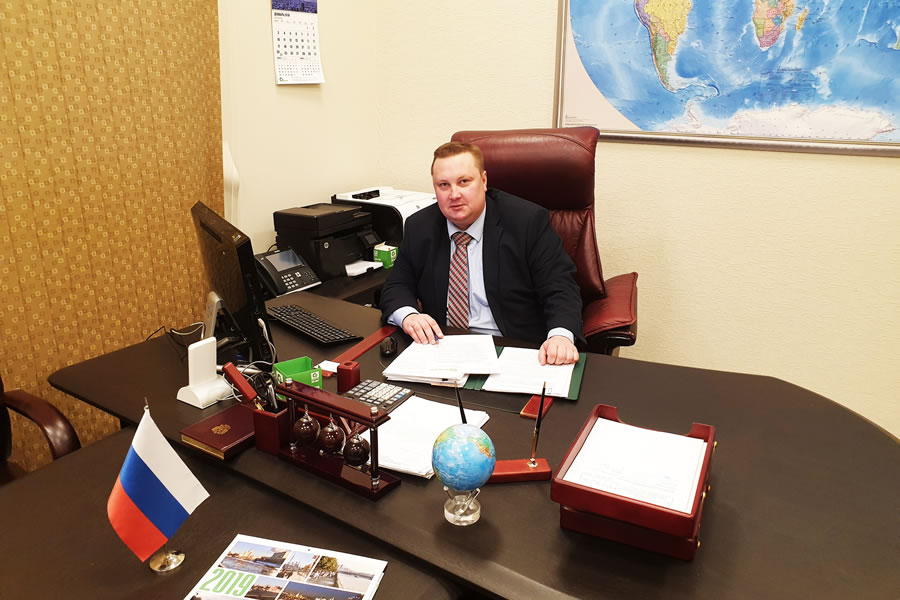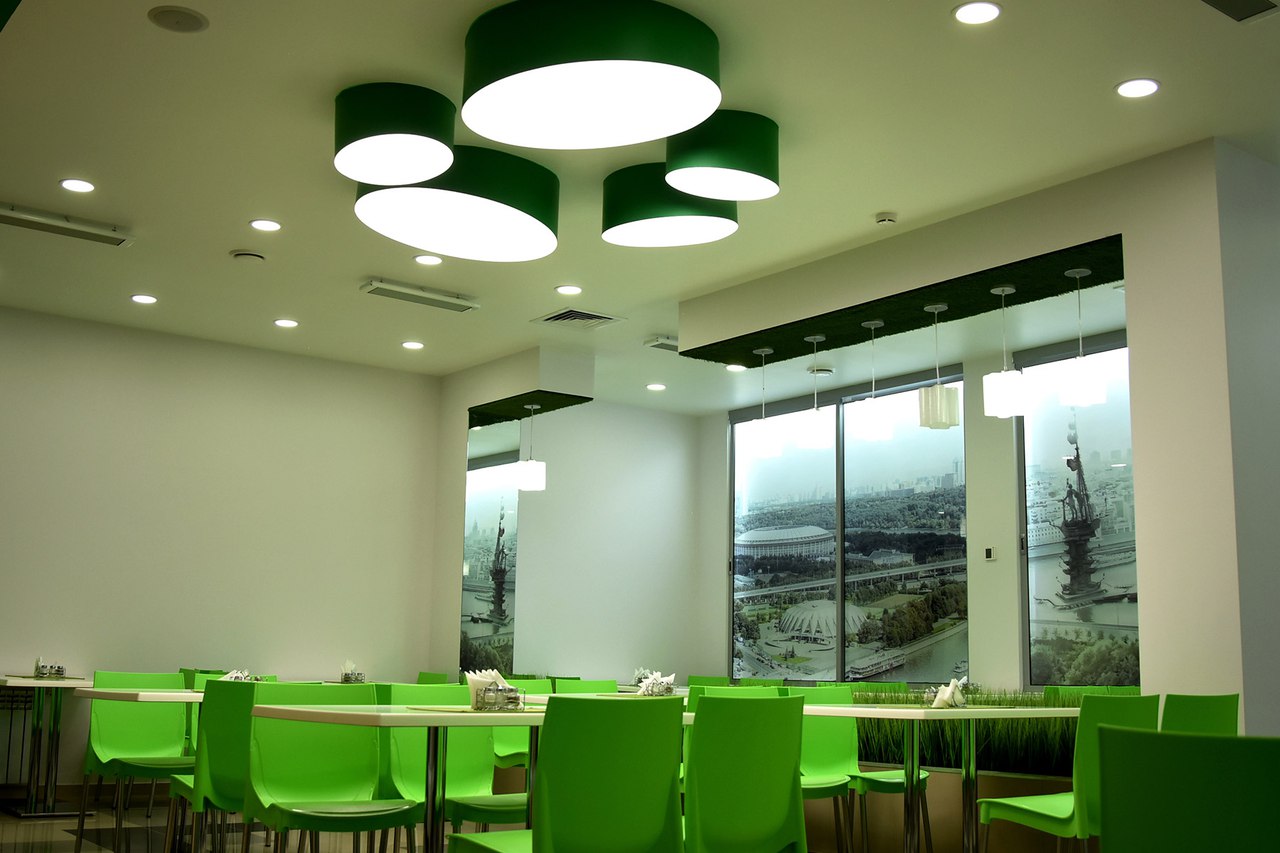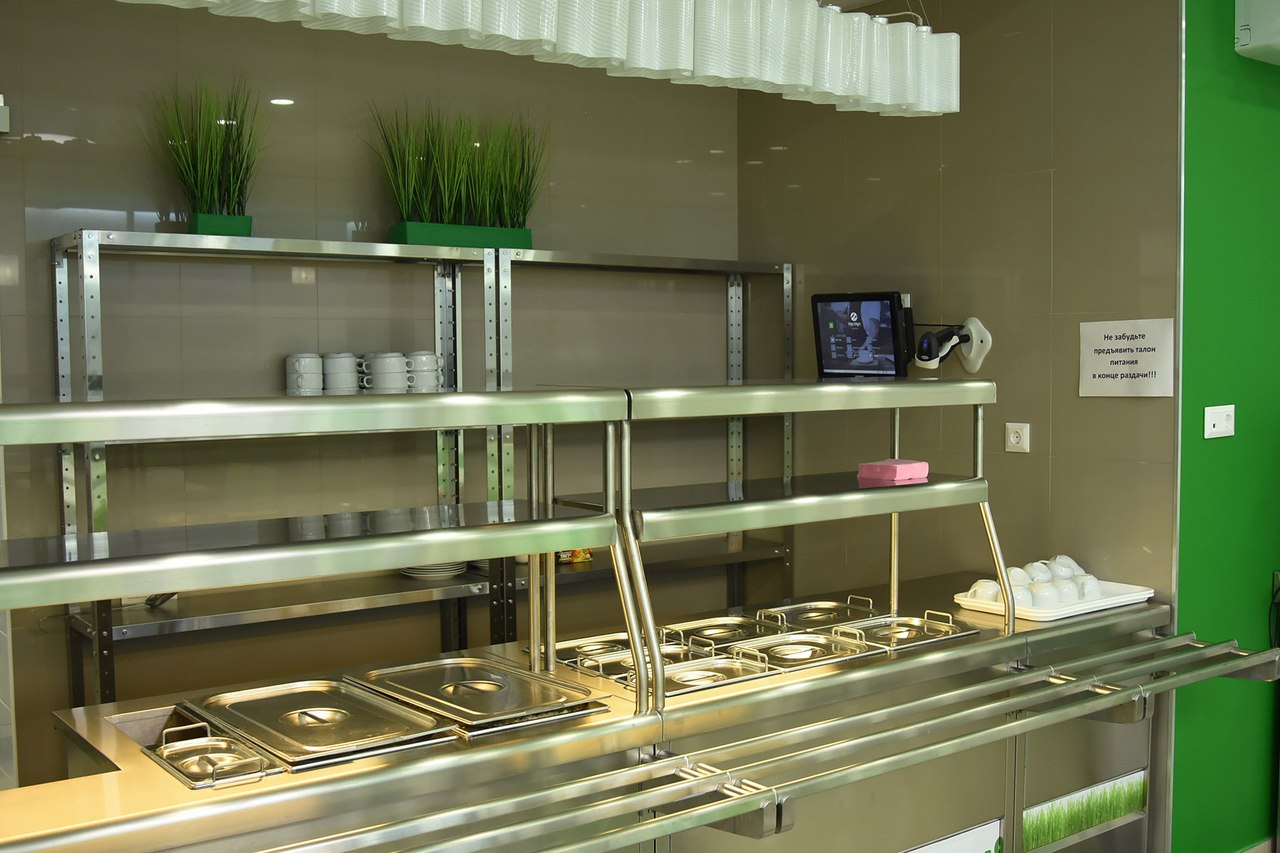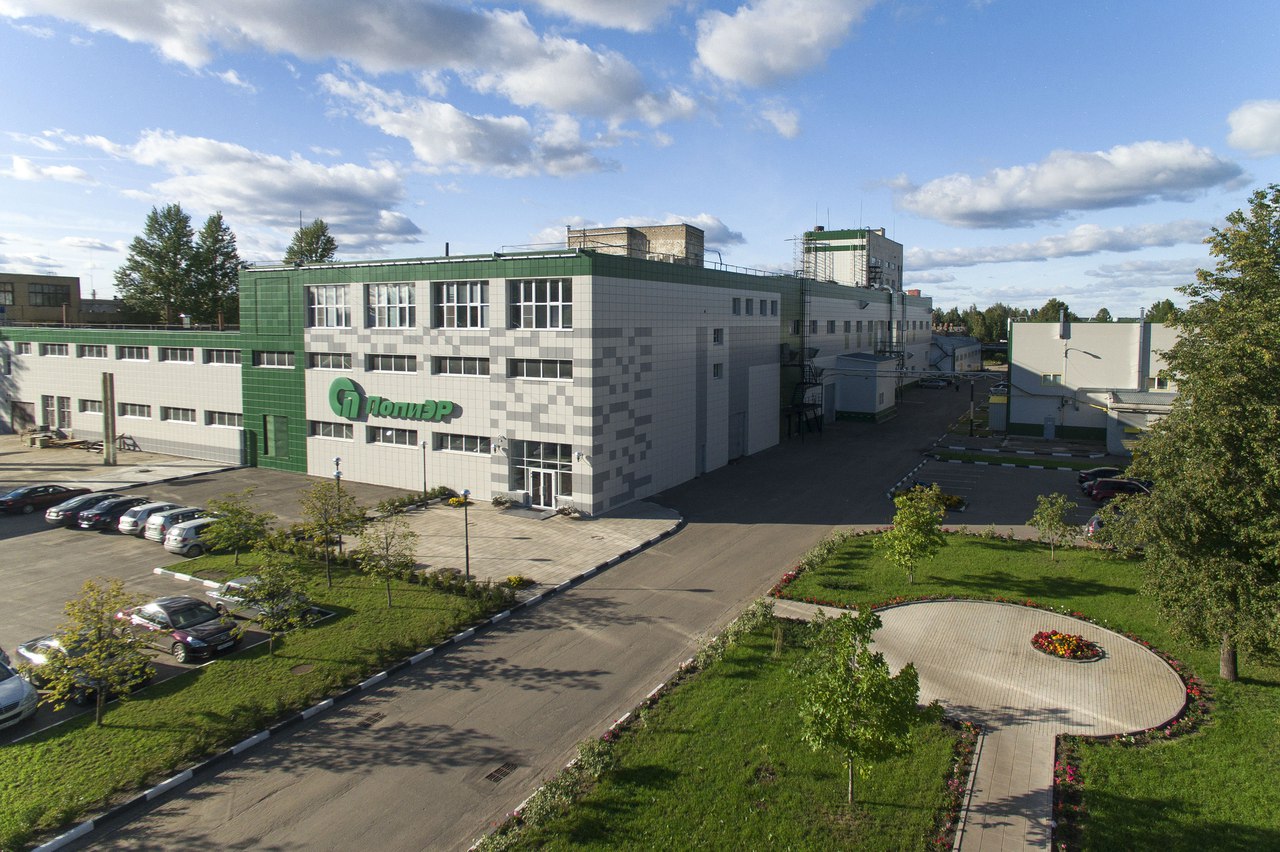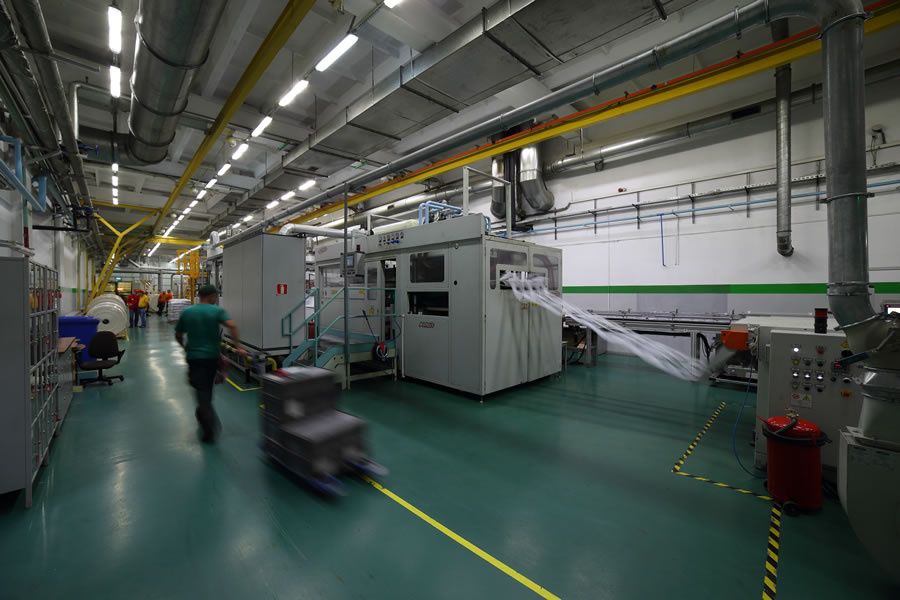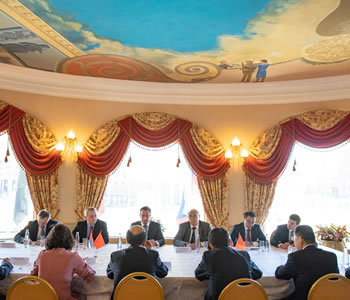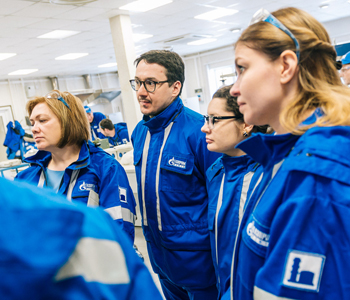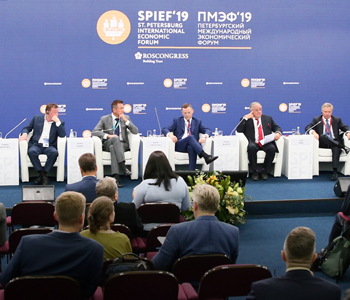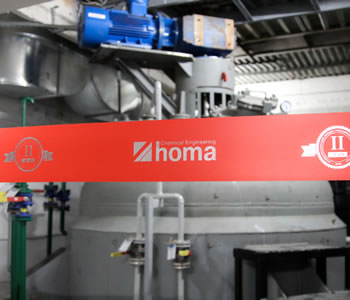SIBUR PolyLab: Meeting Customer Demand
SIBUR launched PolyLab, a research and development centre for polyolefins.
Sustainable development agenda
SIBUR's speakers at the St Petersburg International Economic Forum focused on sustainable development initiatives.
Switching to green fuel
SIBUR and Gazprom sign an agreement on cooperation in the use of natural gas as a motor fuel.
New milestone in partnership
SIBUR and Sinopec signed a Term Sheet for a potential joint venture that could be based at the Amur GCC.
Best materials for Russian roads
SIBUR, Rosavtodor and Avtodor to continue working together on the use of polymer materials in road construction.
Triethylaluminium for the domestic market
Tomskneftekhim ramped up its triethylaluminium capacities by 35%.
Efficient investments
Over the decade, SIBUR has invested around USD 20 bn in upgrades.
DOTP: an important start
SIBUR launched the production of DOTP, an eco-friendly plasticiser for the construction industry.
POLYPLASTIC launches a new shop
The Klimovsky Pipe Plant put on stream a new MULTIPIPE shop.
Cutting reliance on imports
Upgrade of HOMA’s PVAc dispersion line will reduce the Russian economy’s dependence on foreign adhesives.
New ideas and projects
SIBUR and Gazpromneft-BM seek to expand the use of SBS polymers in road construction.
R&D-meeting
SIBUR and TECHNONICOL generate new ideas at R&D-meeting.
Export Accelerator to foster client export potential
SIBUR launches an export training initiative.
Growth and expansion
SIBUR expands Vienna office of its trading arm SIBUR International GmbH.
Changing on the fly
NASA and MIT unveiled a new type of aeroplane wing able to change its shape during flight.
Our mission is to serve the domestic market
Sergey Komyshan speaks about the potential importance of ZapSibNeftekhim for the Russian polyolefin market.
Global basic chemicals outlook
The global basic chemicals industry has been experiencing an extended up-cycle.
The flip side of the plastic rejection
Threats the contemplated move away from plastics poses to the economy and environment.
Reactor promotes recycling
How to make the circular economy beneficial for all stakeholders.
Responsible business
Investing in human capital may provide a competitive advantage.
From R&D to production
Russia accepted a number of challenges that can be solved only by adopting hi-tech processes.
Digital twins in petrochemicals
SIBUR uses digital replicas to streamline production and logistics.
Packaged in Russia
Vladislav Yatsenko, CEO at Conflex, on becoming a leader in the flexible packaging market, import substitution and withstanding market shifts.
Quality roads are within our grasp
Interview with Dmitry Orlov, CEO of Gazpromneft-Bitumen Materials.
Happiness is not far away
Leonid Shergin, Director for Production and Operations at SIBUR’s BIAXPLEN, on work–family balance, living in two cities, and his secret to happiness.
Focus on digitalisation
SIBUR shares experience on business process digitalisation.
10 breakthrough technologies of the year
Bill Gates told MIT Technology Review about 10 breakthrough technologies 2019.
Tribal leadership
Professor Dave Logan presented his concept mapping five stages of corporate culture.
Getting back to reality
Message to senior managers from psychotherapist Andrey Kurpatov.
Multiply your team’s power
Learn how to get the most out of your employees in a hard-edged, clear and (always) fun manner – just like they do at Disney, Facebook, Google and Microsoft.
Design thinking
Empathetic problem-solving.
Attainable Goals are the Key to Happiness
According to Naked Science, psychologists have confirmed that setting achievable goals makes us happier even if we fail.
TOP MANAGERS TAKING QUESTIONS
In the Q&As section, our top managers answer the most interesting and relevant questions from our clients sent to dearcustomer@sibur.ru.



